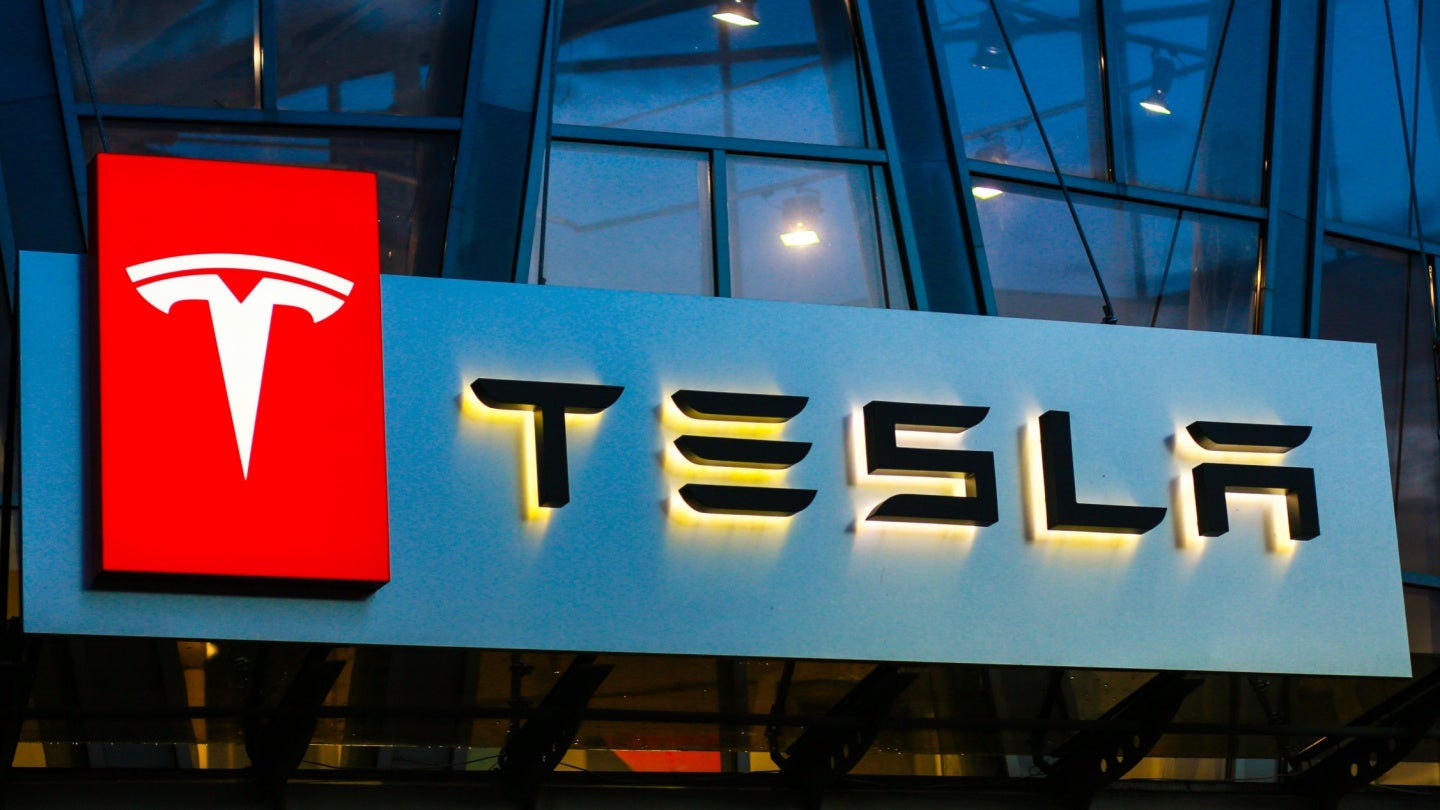
A US judge rejected a group of Tesla drivers’ proposed class action lawsuit on Thursday (7 March), advising them to seek individual claims instead.
The drivers allege that they had been misled over the range of Tesla batteries, accusing Tesla of “purposely [overinflating]” the driving range.
California Judge Yvonne Gonzalez Rogers stated that the drivers had signed arbitration agreements when purchasing their Tesla EVs.
In court documents, Tesla is alleged to have stated that all plaintiffs, bar one, agreed to delegate disputes with the car manufacturer to an arbitrator and noted that it provided contact information to do so.
Tesla’s arbitration agreement does give drivers the option to opt-out, but the company alleges that none of the plaintiff drivers did this.
Rogers’ court documents do not directly answer the validity of drivers’ claims about Tesla’s inflated driving range.
How well do you really know your competitors?
Access the most comprehensive Company Profiles on the market, powered by GlobalData. Save hours of research. Gain competitive edge.

Thank you!
Your download email will arrive shortly
Not ready to buy yet? Download a free sample
We are confident about the unique quality of our Company Profiles. However, we want you to make the most beneficial decision for your business, so we offer a free sample that you can download by submitting the below form
By GlobalDataAttorneys for the plaintiffs, the law firm Milberg Coleman Bryson Phillips Grossman, stated that the proposed class action’s dismissal in favour of individual arbitration was an “effort to avoid classwide liability for its deceptive conduct” from Tesla.
The original class action, filed in August 2023, stated that Tesla’s deliberate exaggeration of its EV range was an attempt to increase sales and denied potential customers an “important feature” of their purchase decision-making process.
In its 2023 thematic intelligence report into batteries, research and analysis company GlobalData forecasts that batteries will become one of the world’s most significant industries over the next decade.
EV demand will be the biggest catalyst for battery growth, with GlobalData expecting the EV sector to account for more than 80% of battery demand between 2023 and 2035.
GlobalData forecasts that more than 50 million EVs will be produced by 2035, creating significant strain on battery production and potentially leading to battery supply chain shortages.







